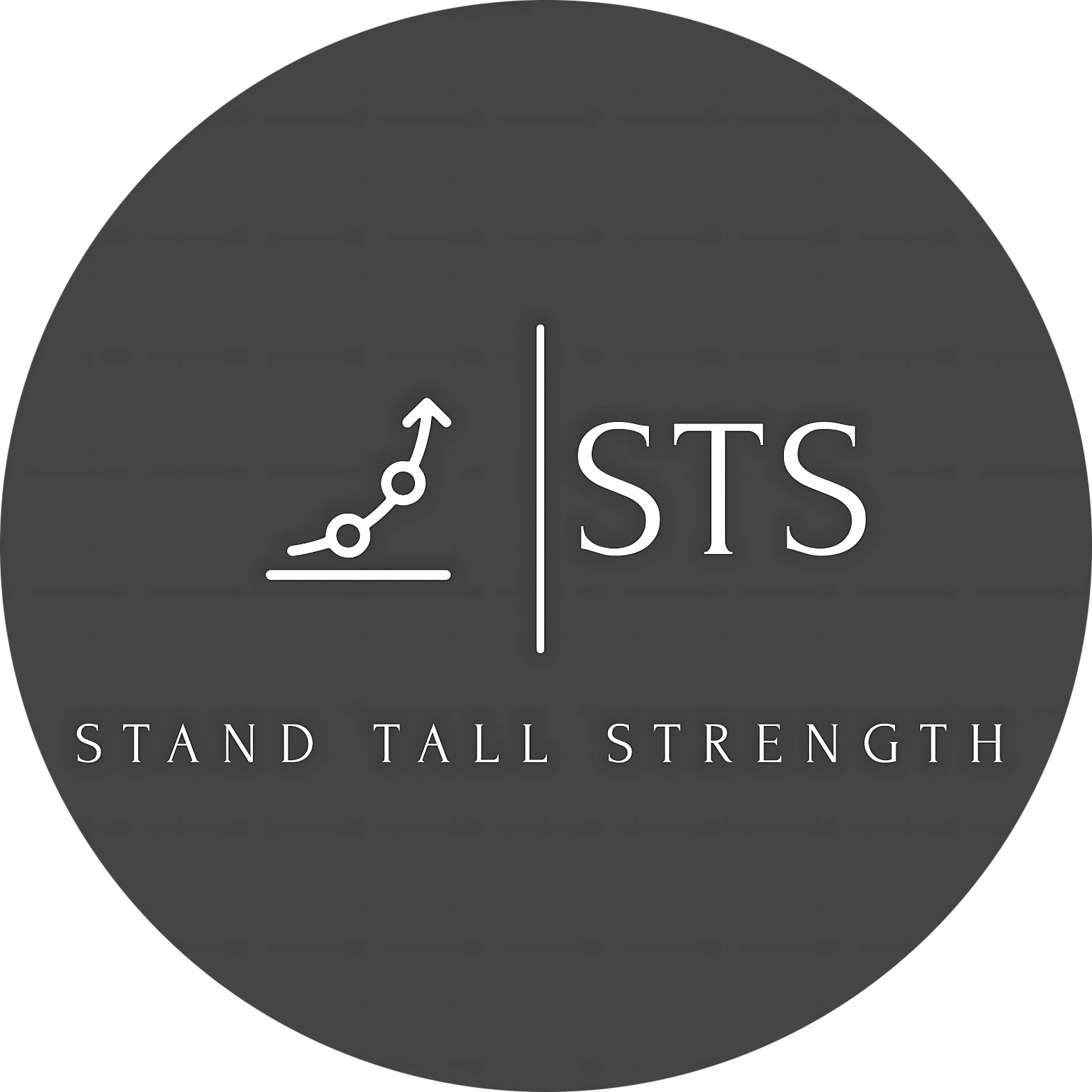To establish an athletes daily protein intake, a coach needs to know how much protein is in the athletes body (lean body mass) and the rate that the athlete breaks it down, depending on the activity level.
Firstly lean body mass has to be calculated. Lean body mass equals total body mass minus body fat. Instruments such as skin calipers can be used to figure this out.
Once body fat percentage is discovered, then the percentage is subtracted from 100% and the result multiplied by the total body mass. This indicates an athletes lean body mass.
E.g. if an athletes body mass is 75kg and has 10% body fat, lean body mass is calculated as follows:
(100% - 10%) x 75kg = 67.5kg
Next should be estimated the rate at which an athletes body restores it's protein broken down in the time of activity.
The protein replacement rate can be calculated as follows:
Training 5 times per week, 1 hour per day, requires 1.6 grams of protein per kg of lean body mass.
Training 5 times per week, 2 hours per day requires 2 grams of protein per kg of lean body mass.
Eating protein in smaller portions makes it easier to digest it. Any meal that exceeds 500 calories will increase insulin levels even if it contains little carbohydrates.
Insulin helps transport blood glucose into muscle and fat cells. Insulin can also restrict utilization of fat for energy. When insulin levels are high, blood sugar drops, the body becomes tired and instead of fat being utilized for energy, it gets stored.
On the other hand, protein increases the level of glucagon, a hormone with opposite effects to that of insulin. Glucagon maintains a steady blood sugar level so a person does not endure sugar lows.
Protein in meats, fish, eggs and dairy products are 97% digestible. Protein from non animal sources is 78-85% digestible, so vegans/vegetarians need to discuss with a dietician how to absorb all essential amino acids, minerals and vitamins in their diets.
Non animal sources of protein do not provide carnitine, which transports fatty acids across mitochondrial membranes.
Not eating enough protein can cause an athlete to feel weak, delay recovery and prevent body fat loss.



